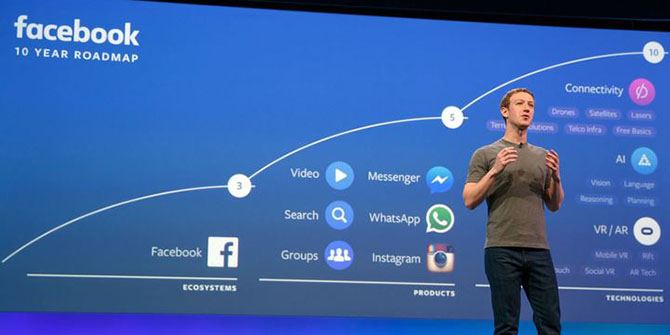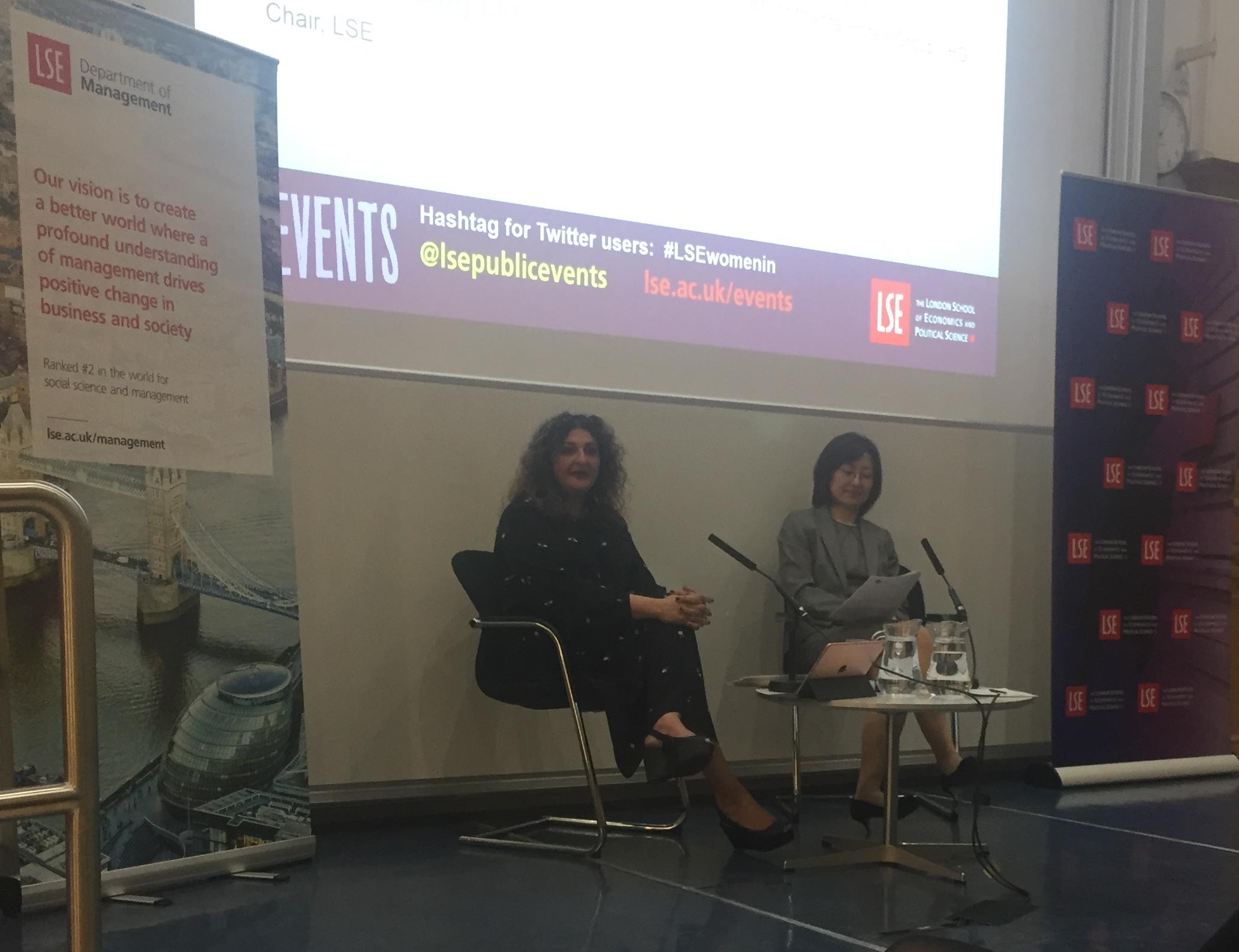Despite having a highly sought-after skill-set, engineers often find themselves lacking the soft skills needed to lead teams and manage colleagues. Daniel Caceres investigates how engineers feel about this gap, in an era when automation is making leadership more important than ever.
To be employable in the future, professionals need to master skills that machine and robots cannot yet learn. Leadership, teamwork or emotional intelligence are all valuable abilities whose importance in an automated age will continue to grow.
However, although technology plays a prominent role, purely STEM (Science, Technology, Engineering and Maths) jobs are decreasing because mastering only technical skills is not enough. A recent Harvard study (2017) focusing on the US labour force shows that between 1980 and 2010 jobs requiring high maths and low social skills decreased by 3%, while jobs requiring high maths and high social skills grew by 7.4%.
Similarly, the global Workplace Learning report (2018) by LinkedIn found that the number one priority on Learning and Development for executives this year is training in soft skills, specifically leadership, communication and collaboration.
Given the prominence of leadership and my engineering background I wanted to research the leadership development of STEM professionals. My motivation was based on a personal concern about my engineering education that is best described by one of the interviewees of my study:
“From all the courses I received, I was never taught how to be a leader (…) It’s like they [professors at university] teach you more technical roles. (…) they never teach you how to develop people. So it’s difficult because I had to develop many soft skills [at work] that I did not have”.
I focused on how engineers experience their first leadership transition, which I defined as the phenomenon of moving for the first time from working individually to a position demanding management of subordinates. Exploratory research on leadership development of middle manager engineers is scarce. So I created a qualitative study interviewing engineers to explore their journey, identify helpful skills during such transition and recognise intersections between their practices and behaviours of the transformational leadership literature. My study covers the first leadership transition three different angles: “self-experience”, “experience with others” and “transformational leadership”.
Firstly, an analysis from a self-experience perspective was executed including the personal assimilation of the transition, the attitude towards the change and the emotions to deal with it individually. In my study, the leadership transition triggered a sense-making process where the new leader started reflecting and questioning their own organisational strengths (time management, skills) and weaknesses.
In middle of the uncertainty, a common practice was to imitate behaviours from role models such as former leaders. Also, being a proactive learner seemed to be very valuable. An openness to ask for advice and feedback loops from the team or mentor accelerated leadership development. Emotionally, fear of not being respected or failing was also reported by engineers. Reflecting and understanding causes or consequences of own emotions was positively referred to make good decisions. Similarly, maintaining a positive mood during transition seemed helpful to keep flexible and move forward.
My second analysis focused on subordinates, including building strong relationships, communicating effectively and the emotions these triggered. In my study, cultivating trust as a person and as a professional were both key to building relationships with team members. Particularly, engineers remarked that having genuine interest and care was relevant to strength relations. Examples of spaces facilitating bonding created by new leaders were team breakfasts or after office drinks. Regarding communication, rational tactics (explaining why) were cited as being useful for extending influence across the team.
Consultation loops in decision making processes were also meaningful for subordinates and especially helpful for engineers new in the industry or area. In addition, informal two-way feedback facilitated bonding and mutual growth not only professionally but personally as well. Awareness of others’ emotions was an important skill to regulate job demands in order to pursue goals smoothly. Moreover, learning how to regulate others emotions was key to staying resilient as a team during uncertainty.
The last analysis was about detecting intersections between leadership practices nurtured by middle manager engineers and behaviours from the transformational leadership literature (role model, visionary motivator, innovation facilitator and coach). In general, interviewees highlighted practices in line with behaviours associated to the innovation facilitator and coach.
Innovation facilitators create “safety spaces” where everyone is free to question each other or to challenge authority. Interestingly, they agreed this could be the most familiar behaviour (of the four) and the only one nurtured in engineering education due to the continuous improvement mindset typically fostered in engineering degree programmes.
Coach mentors delegate developmental tasks or offering supportive spaces of coaching and mentoring to cover individual needs. These seem to be helpful and meaningful for team members. Interestingly, these practices were mostly learned from former leaders as expressed by middle managers.
Some of those who expressed having not enough skills to enact on their own transformational leadership behaviours replicated the behaviour by collaborating with others who have the skill. For example, an engineer who expressed being visionary but not the most enthusiastic empowered the most influential and motivating team member to mobilise the team towards his new direction. Hence, sharing leadership behaviours seem to be an option too.
What this study suggests is that a first leadership transition is a sense making process. To navigate their skills gap, as well as being self-aware and being open to learn, one may need to focus on building strong relationships based on care, trust and communication while staying emotionally intelligent in both the individual and group level. To be employable in the future, professionals need to master skills that machines and robots cannot learn (yet).
Learn more about our Master’s programmes.






